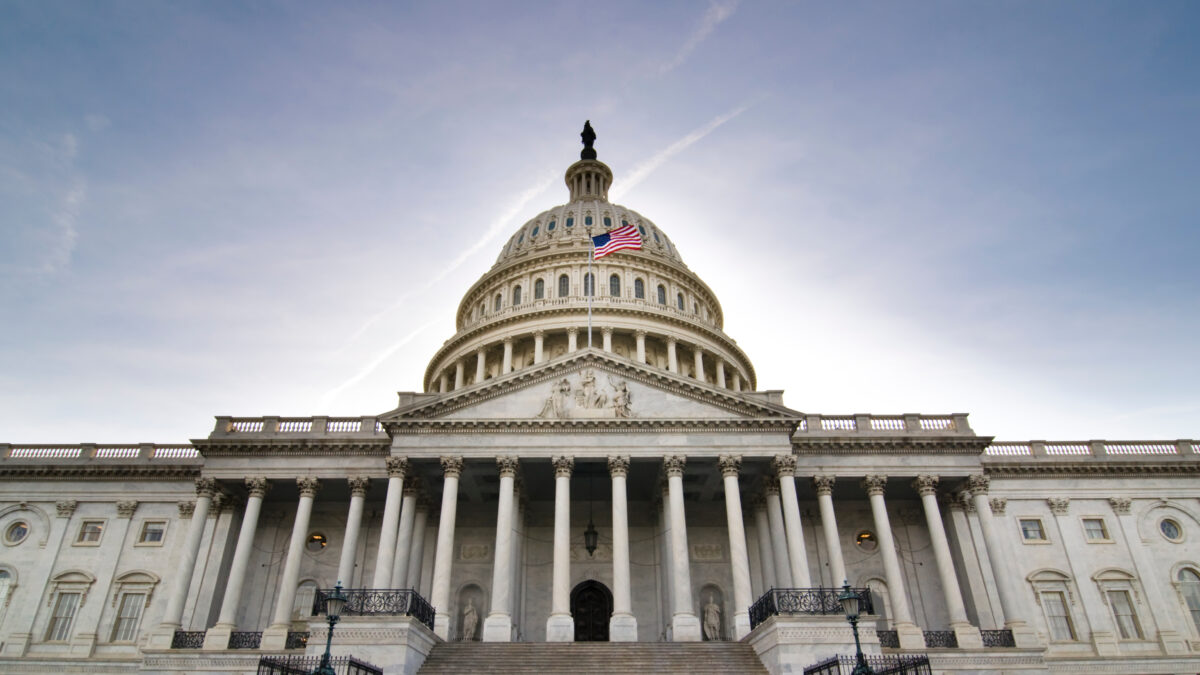Drug shortages in the United States continue to have a significant impact on patient access.
Patients are left waiting for long periods of time, leading them to ration their medications or try a different treatment altogether. Shortages impact generic medications at a higher rate than other medications.
A recent webinar hosted by the Generics Access Project drew more than 70 patient advocates from across disease states to learn more and to consider what advocates can do.
Shortages Stem from Several Factors
Multiple factors lead to drug shortages, Craig Burton of the Association for Accessible Medicines explained.
Drug shortages can be caused by:
- Natural disasters impacting the supply chain
- Spikes in demand
- Impacts from poor facility inspections
- Market economics.
There is, however, one common thread: price. More than half of the products currently in shortage cost $1 per unit or less.
Patients & Providers Suffer the Impact
J. Allen Meadows, MD, of the American College of Allergy, Asthma, & Immunology described how the drug shortage impacts clinicians’ ability to treat their patients. As medications become less available, some clinicians may resort to rationing, which further strains medication availability and patients’ health.
There is no silver bullet. But involving the patient voice in the discussion is incredibly important, Olivia Perry of the Generics Access Project emphasized. Patients and clinicians are the ones with firsthand knowledge of how drug shortages impact care. Sharing their stories and experiences with policymakers can help elevate this issue and the urgent need for legislative action.
As the FDA and Congress look for solutions to prevent drug shortages, the Generics Access Project is working to offer direct experience, providing educational resources to advocates so that they are empowered to share their voices.
To learn more, visit genericsproject.org.




